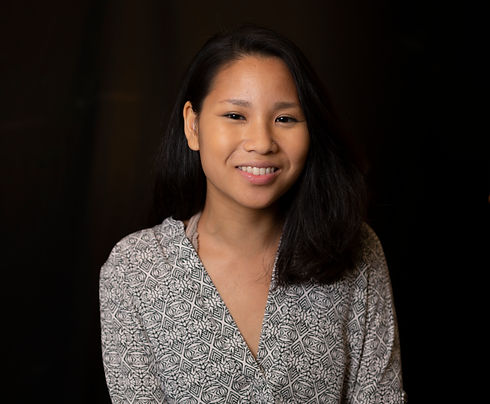Community Development Commission grapples with CodeNEXT
- Lisa Dreher

- Jul 27, 2017
- 3 min read
The Community Development Commission voiced frustration over lack of outreach and discussion with the CodeNEXT team during a special called meeting earlier this month.
The first draft of CodeNEXT, Austin’s land code rewrite, has been out since January, but some commissioners felt the team excluded lower-income families and individuals from the dialogue.

Tensions brewed when the team presented the idea of density bonuses, which are incentives for developers to add more units in a building for families with a lower median income.
Ian Carlton, a consultant for ECONorthwest who is helping with CodeNEXT, said affordable housing units are aimed at families who make 60 to 80 percent of the median family income. Carlton said CodeNEXT will encourage expanding density bonuses to the majority of Austin in dense areas where affordable units could squeeze in.
“This is about putting affordable housing in areas of very high opportunity where development is already happening at a very low cost burden to the city of Austin,” Carlton said.
Commissioner Bertha Delgado, who was appointed in March and whose district represents East Austin, said she was uncomfortable making decisions concerning CodeNEXT because she was unfamiliar with its effects on lower-income families. Delgado also asked for the number of pages in the draft. Consultant Lisa Wise answered it is 1,200 pages.
“Now that (East Austin is) being titled as Central Austin, I have seen that this bonus program is going to affect my area the most,” Delgado said. “We still are needing that information out there in the community. I am not an expert or a professional engineer to be able to present this to the community and talk the language that’s being spoken here today.”
Planning and Zoning Director Greg Guernsey said the team has reached out to East Austin, but Delgado kept firing accusations that the team did not communicate with Delgado’s district of elders and lower-income families unable to track the process. Guernsey said the team has reached out to her area, held meetings in Spanish and provided transportation to meetings.
“We have gone to every district for every meeting,” Guernsey said. “We’ve had meetings on the text itself where we went all over Austin. We will continue to try to reach out to the community.”
Commissioner Rosanne Singer, who represents South Austin, was agitated that she is only now hearing of the goal to house families who make 60 to 80 percent of the median family income. Commission Chair Gilberto Rivera pushed the team to lower the minimum percentage to 30 or 40 percent, so more families of even lower income may qualify for affordable housing.
Rivera said gentrification is pushing lower-income families out of the city in favor of wealthy “hipsters,” and mixing lower-income families in units with wealthier residents is better than relocation.
“I question whether we have the ability to help the people that need it the most, which is the poorest families in Austin,” Rivera said. “I can guarantee you they’re not going to be too upset if they have a hipster above them because they will have a healthy home to live in.”
Rivera then called “Imagine Austin” “Imagine Austin without poor people.”
Wise said lowering the minimum median family income is a policy discussion to consider. Lowering the MFI minimum could ultimately lead to the creation of less affordable units because the rent cost would need to be lower to accommodate those families, she added.
“So it’s about profit,” Rivera said. “Just say profit, it’s not a dirty word.”
Wise said CodeNEXT is meant to make affordable housing development easier, and that lowering the threshold does not help developers if they cannot cover the cost. The commission voted to table the item for further discussion.













Comments